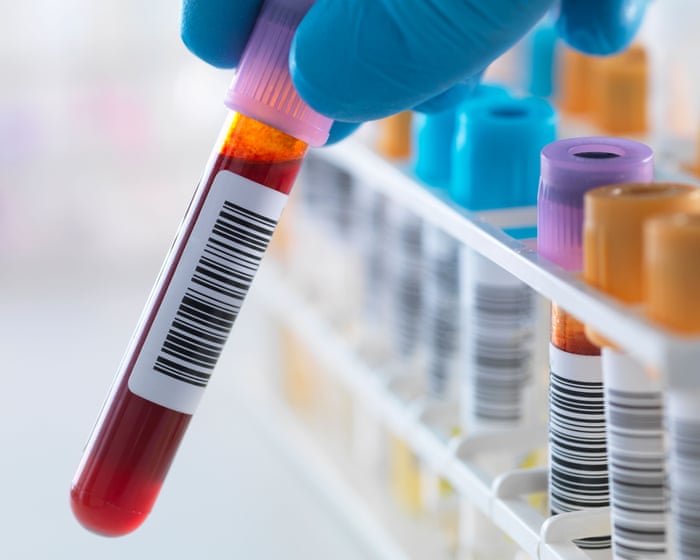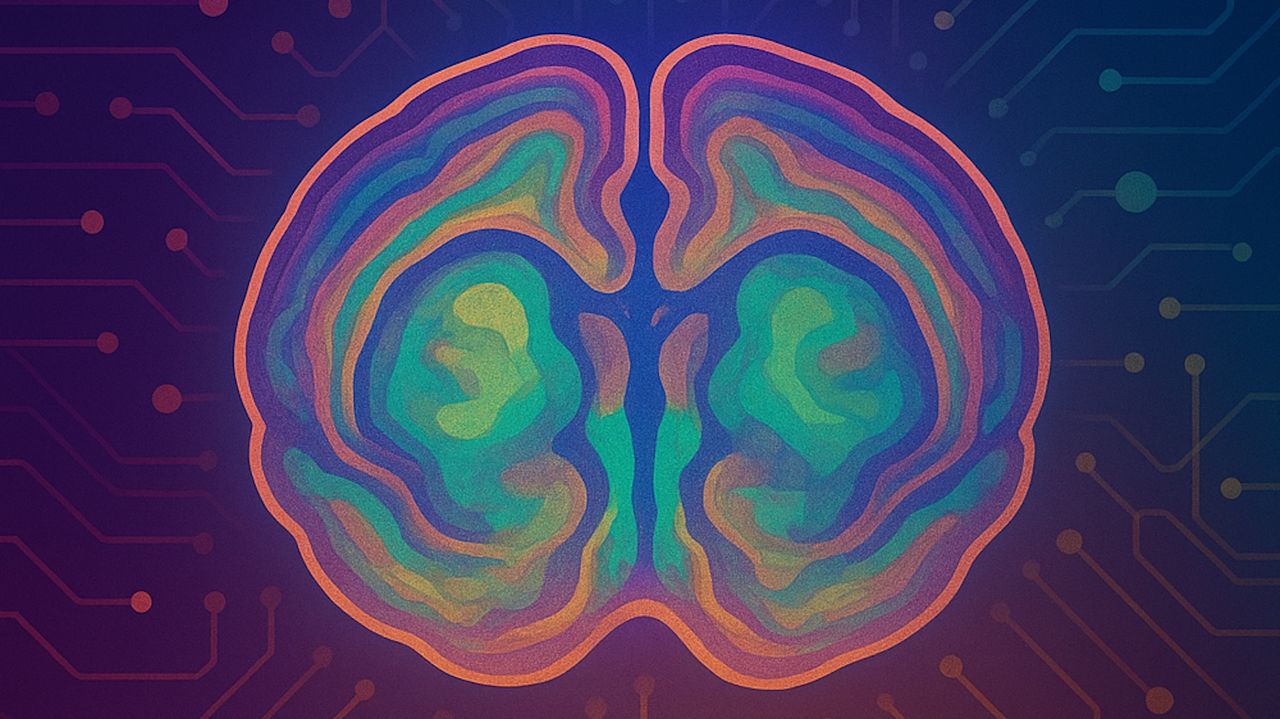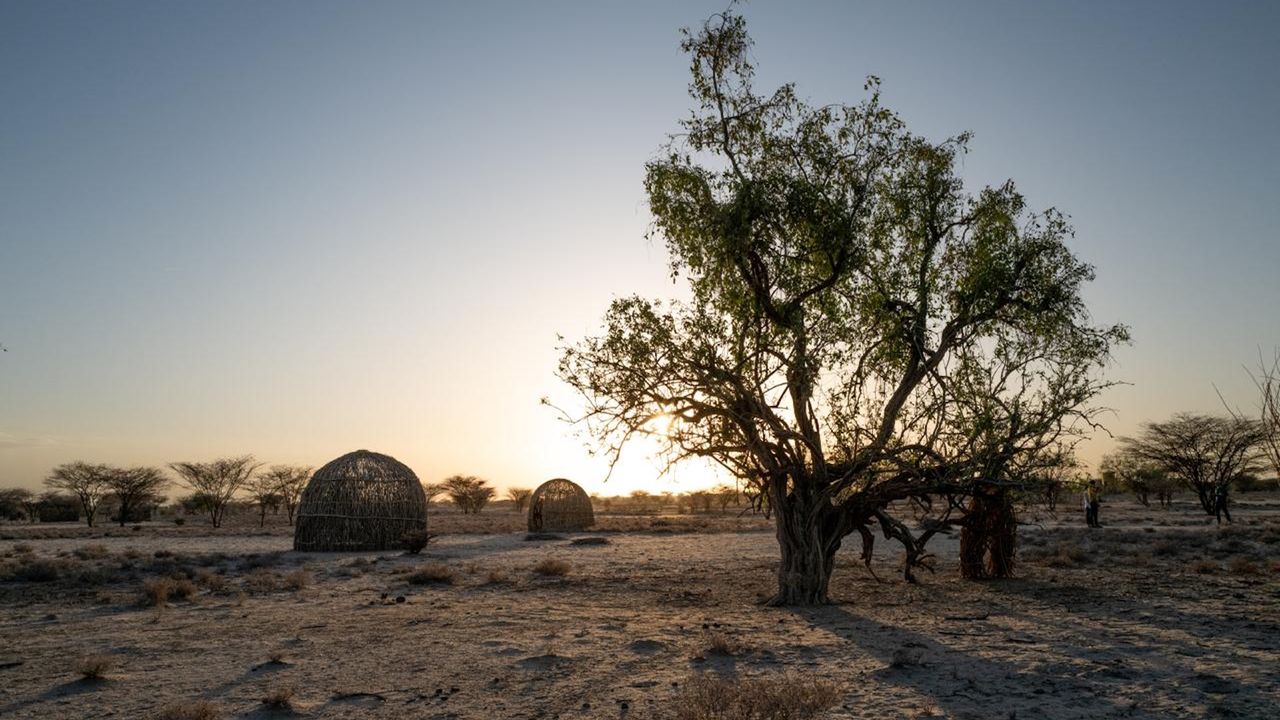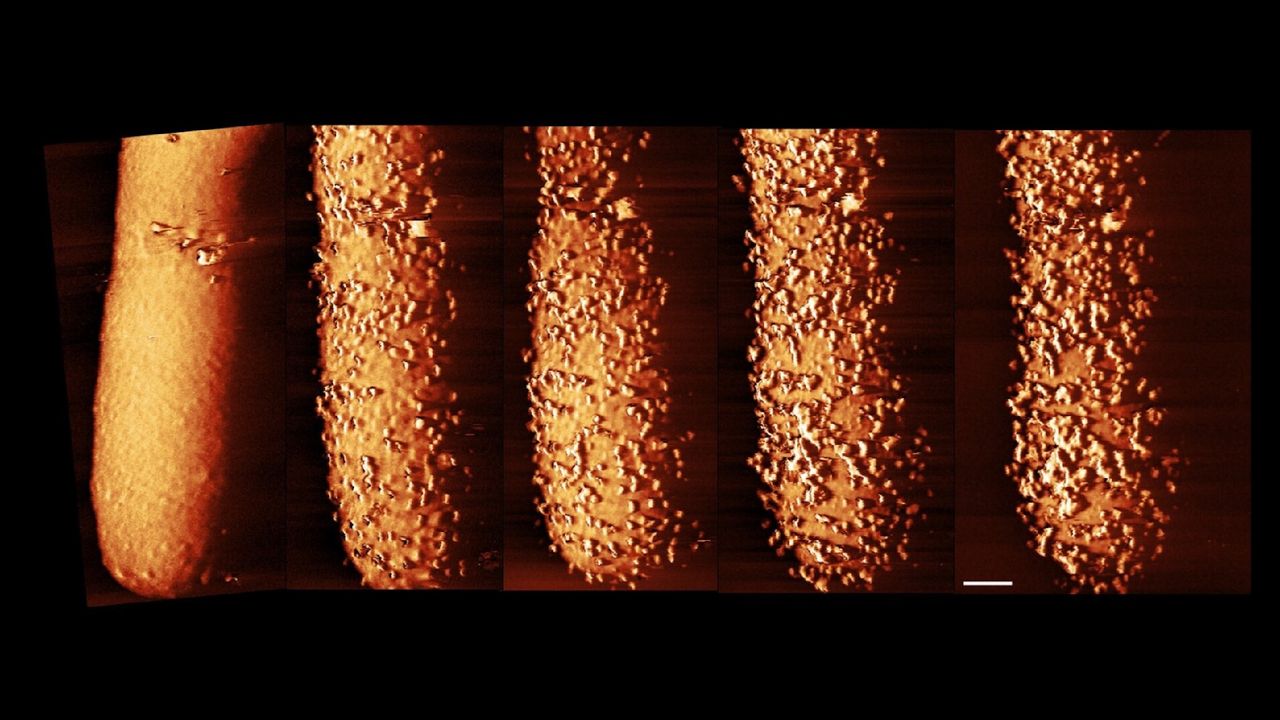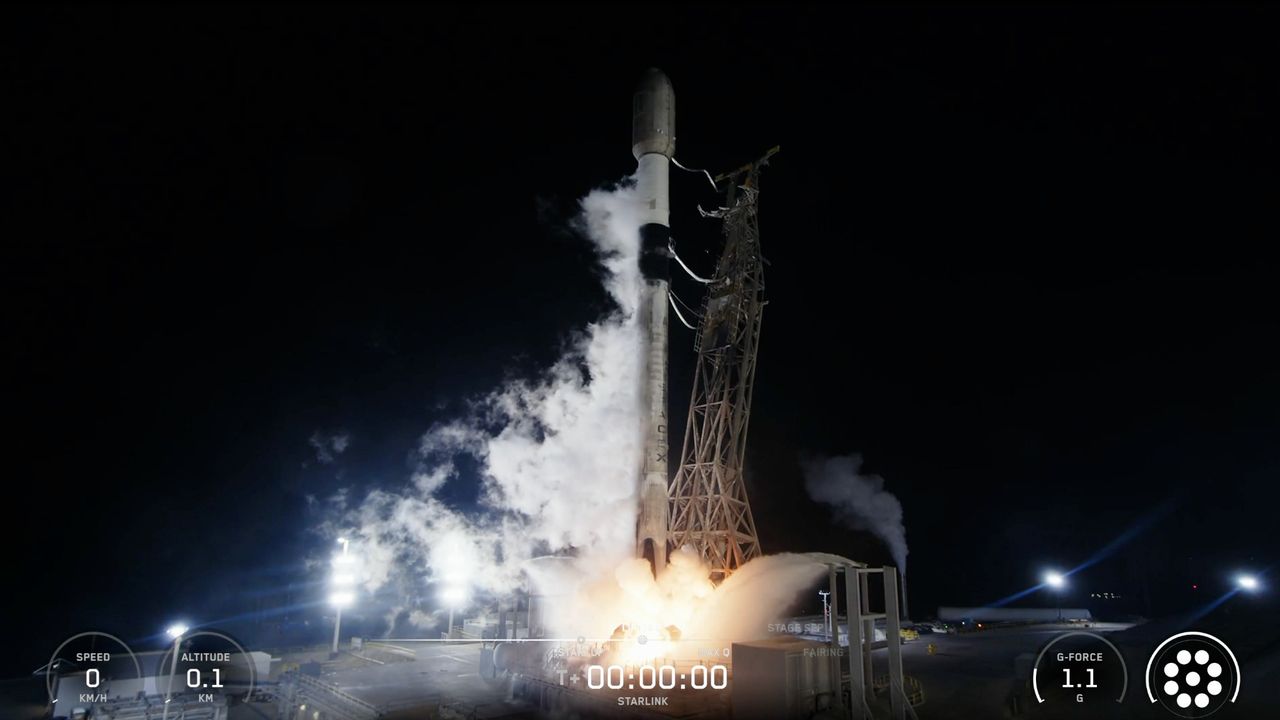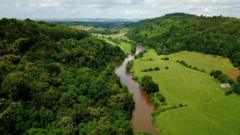South Africa’s Coast Is Rising—And Scientists Have a New Explanation Why
NeutralScience
Recent research reveals that human water management practices are not only causing land to sink in various parts of the world but may also be contributing to an unexpected rise in South Africa's coast. This finding is significant as it highlights the complex relationship between human activities and environmental changes, prompting further investigation into how we manage water resources and their broader impacts on coastal regions.
— Curated by the World Pulse Now AI Editorial System
